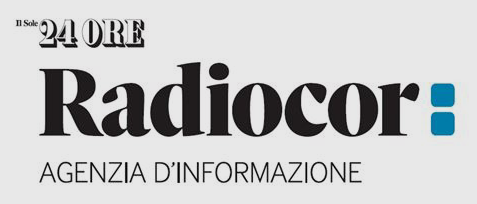The Boao Economic Forum, the Asian equivalent of Davos, ended. Many themes and many guests in the meetings, two main themes: internationalization of RMB and digital currency.
PLEASE NOTE

On the RMB the message is clear: China has no intention of replacing the dollar as an international currency, but it only seeks to increase the use of RMB to a level proportional to the weight that China itself has in international trade. Today, the dollar is used for about 43% of international trade, but US exports represent only 9% of world trade. By contrast, China’s weight in trade is 14 percent, but RMB is used for only about 2 percent of the total. In practice, China aims to bring the use of RMB to a level of around 10%, which would allow the US dollar to remain, together with the Euro, by far the only real international currency and one of the only ones to be used for trade between goods between third countries, without the involvement of the issuing country: for example transactions between Italy and Japan treated in dollars. Can we believe these Chinese announcements? We must always doubt everything, but the country that beats the currency that is used as an international reserve creates a natural demand for this currency (to use it must first buy it) And so there is an upward thrust to value that can create imbalances in the trade balance and bring it into deficit, a spectrum for China that should calm us down. China, on the other hand, observes very carefully the permanent US trade deficit, which is the source of the dollar. On the subject of digital currency, it must be made clear that the tests that the Chinese central bank is carrying out have nothing to do with the creation of a parallel currency or even a semi-cryptocurrency.
Digital RMB is simply a new representation of what is now printed paper or reserves, since that digital RMB is identical to the ‘traditional’ RMB and always treats and treats 1 to 1. At most it could be a more efficient and immediate method to increase the monetary base. On the other hand, there are risks linked, inter alia, to a lack of privacy, because the absence of physical banknotes would mean that all transactions would be entered into a database. But even here the Chinese reiterate that they do not intend to carry out a complete replacement and that the use of cash will always be allowed for those who want. In fact, the danger for digital currency users is higher in Europe than in China, since we, and not from them, the rates are negative and this forces the European citizen to nominal losses, since he can no longer take refuge under the mattress that, However, it would offer a higher rate than the banks. Zero, but better than -0.5%. During the meeting Enrico Letta, Romani Prodi and Ignazio Visco connected, but many of us managed to be there and we gave strength to the Italian voice that at this time of tension needs to give a signal of interest to Asia, which is rapidly regaining its place in the world economy. The tone of the debate and conversations with various managers, academics, government representatives, including the former Governor of the Central Bank, Zhou Xiaochuan, and Vice Minister of Commerce Qian Keming were very relaxed and aimed at diluting the perhaps excessive concerns of the West about a supposed desire of Asia to dominate the economy and, above all, world finance.
INSIGHT AND SOURCES
- Forum economico Boao: nella Davos asiatica RMB e valuta digitale al centro (by Michele Geraci) – borsaitaliana.it
